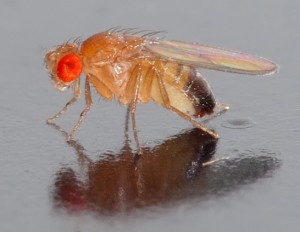A few rare souls have gone off to the wilderness to live a hunter-gatherer lifestyle. Of course, Paleo bands were highly sociable, and it would be impossible to replicate Paleo society today; but in the wilderness one naturally eats a Paleo diet.
Such a soul was Dick Proenneke, a carpenter, mechanic, and naturalist who retired at age 51 to live alone in Alaska’s Lake Clark National Preserve. He remained in the wilderness until age 82, when he returned to civilization. He died at age 86 in 2003.
Proenneke kept a journal and took video footage of himself, some of which appeared on US public television as the film Alone in the Wilderness. Youtube has a collection of this video. Here is Disc 1 Part 1:
P.S.: If you do live a Paleo lifestyle, don’t do your hunting on the Hanford nuclear reservation.












Recent Comments